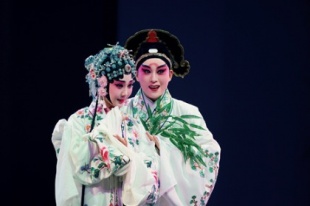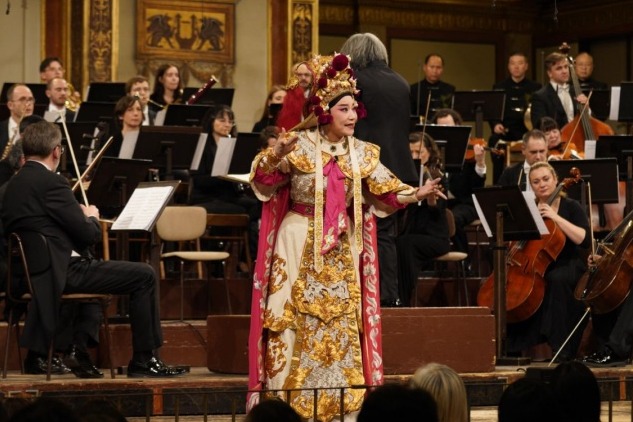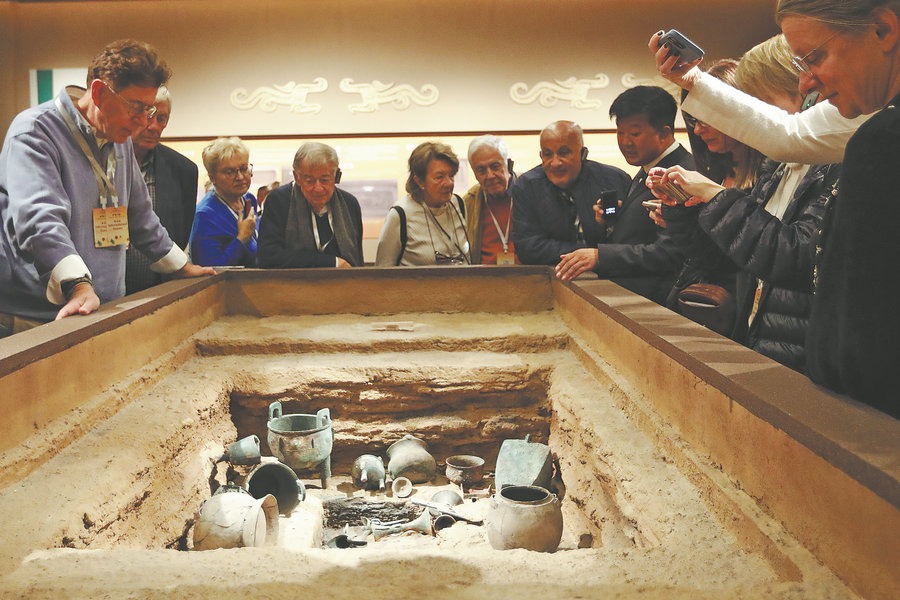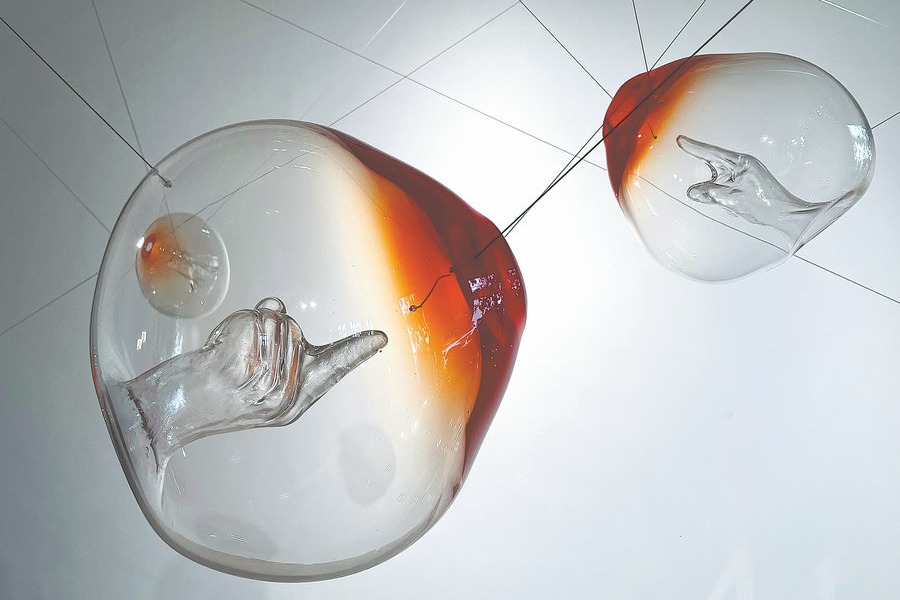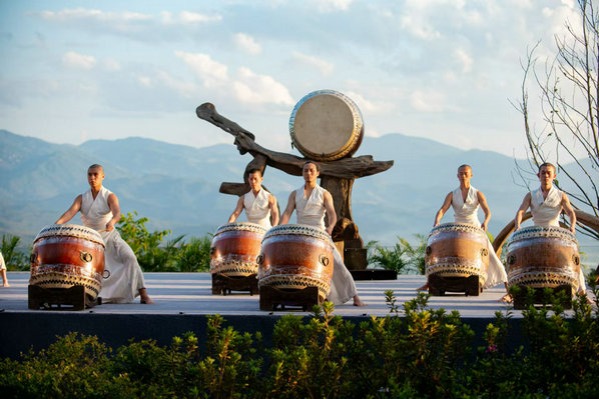Costume theater

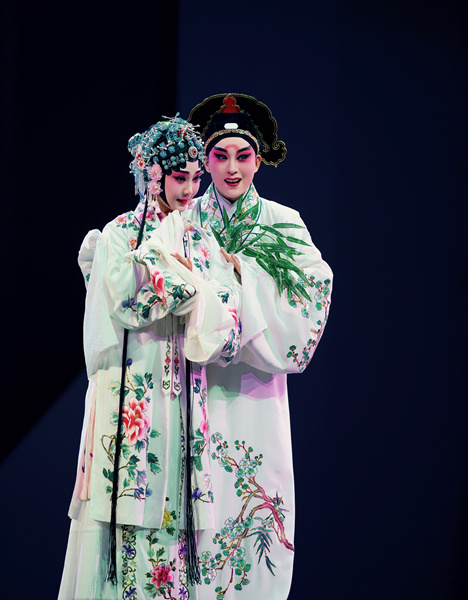
Wei will play the role of Du Liniang in The Peony Pavilion, which shows the leading character falling asleep after visiting a beautiful peony pavilion in her home and dreams of Liu Mengmei, a young scholar she has never met. She wakes in despair and asks the flower goddess to find her love. Unable to find him, Du dies of a broken heart. Liu turns out to be a real person, who discovers a portrait of Du and falls in love with her. He finally meets his love after Du returns to life again.
"The ancient art form, which combines singing, dancing and acting, is a great interpreter of love stories, thanks to its slow-paced melodic singing, poetic verses and graceful movements," says Cao Ying, deputy director of the theater.
"It's said that Kunqu Opera nurtured and nourished Chinese opera and earned a reputation as 'the ancestor of hundreds of Chinese operas'," says Cao, adding that the traditional art form has seen a revival after it was listed as an intangible heritage of humanity by UNESCO in 2001.
"Many young people are fans of Kunqu Opera, which will help keep the old art form alive."
To widen the fan base and allow more people to understand Kunqu Opera, the theater will combine introductions before each of the shows at the Forbidden City Concert Hall.
Besides portraying love stories, Kunqu Opera pieces also tell stories full of traditional Chinese values, such as loyalty, patriotism and honesty, says Xu Jian, general manager of the Forbidden City Concert Hall, co-organizer of the series of performances.


